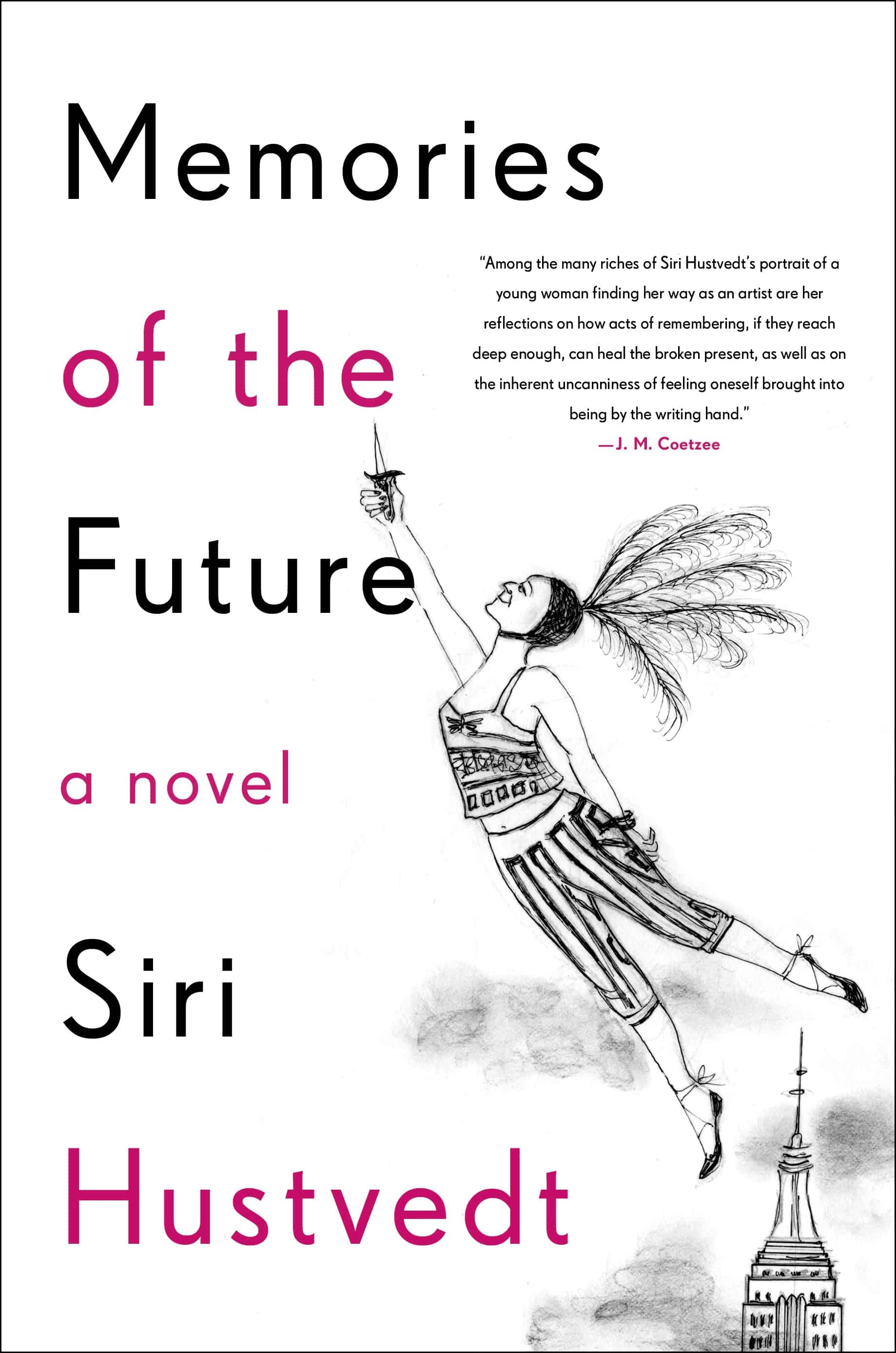By Casey Mahoney
For those familiar with the exquisite essays of Siri Hustvedt, Memories of the Future will be comforting terrain. Hustvedt’s latest circles her more pressing themes of female erasure, the fallibility of memory, and the bizarre fact that imagination always plays a role in our sense of the “present.”
The situations in this novel are also familiar, namely, artists behaving oddly, cruelly, or bravely. While readers of Hustvedt’s 2014 novel The Blazing World will take comfort in the novelistic scenes where the protagonist here “writes” the hero of her novel, “Memories of the Future” has more in common with the discursive, referential, and analytically beautiful essays in Hustvedt’s A Woman Looking at Men Looking at Women (2016) or Living, Thinking, Looking (2012).
There are three narrative strands here. One is set in 1978: an author by the initials S.H. (which brings to mind the authors name, but also, as the narrator would have us believe, Sherlock Holmes) tries to write a novel while being disturbed and inspired by the haunted neighbor she hears through the walls. Like the author, the narrator moves from Minnesota to NYC to attend a PhD program at Columbia University.
Weaved into this is a story set in 2016. S.H. and her sister are moving their nonagenarian mother into assisted living. In the move, she discovers a journal she thought had been lost. She also discovers an attempted-novel from that first year in NYC, nearly four decades ago. Its recitations from this novel are some of the most vivid moments and veer from a text that seems more comfortable in an essayistic state of mind.
Hustvedt contributes the playful illustrations (one of Trump and Duchamp reprinted here). The whimsical drawings echo the stance of the novel, which seems eager to dance and break past whatever labels critics may throw at it. And for the most part, these flights of fancy go uninterrupted, even as they’re surrounded (some may say drowned) by metafictional, rigorous contemplations of time, memory, youth, and gender inequality.
While there are hundreds of parallels between the author and the protagonist, the most obvious-seeming are “false,” something that I imagine delights Hustvedt. For instance, at a McNally Jackson reading, Hustvedt said that “Minnesota” – the nickname given the protagonist by her closest friends – was never one bestowed on the Minnesota-reared Hustvedt. Hustvedt is a brilliant writer who loves to pull the leg of the reader, especially those who fret over demarcating fact and fiction.
The impish koans – “As I wrote, I was also being written” – are pleasurable and stirring, but tire over 300 pages of thought exercises rather than character development. What plot that exists comes from S.H’s abandoned novel that, by its nature, can’t deliver on all its promises.
The lyricism is often enough to bypass any deficiency in the narrative conventions that make one pick up fiction. As the narrator describes her childhood in the Midwest: “The oak’s roots that protruded from the steep cliff behind the house curled to make a royal seat, where a potentate could sit and survey her kingdom and lose herself in reverie and let her thoughts sail toward the inexpressible and the sacred.”
But for the most part, Hustvedt’s seventh novel is chock-full of intriguing ideas, like that writing can reconfigure social scripts: “It is on the page that I begin to take quiet vengeance for the master script, the script that had been dictated to me for years and years, a barely audible voice in my ear that insisted I obey.”
Memories of the Future is an honest and admirable meditation into the nature of art and justice. Even if the rhythms and sentiments become redundant, it’s admirable that this discursive and interrogative novel insists on being nothing but itself up through the very end.










